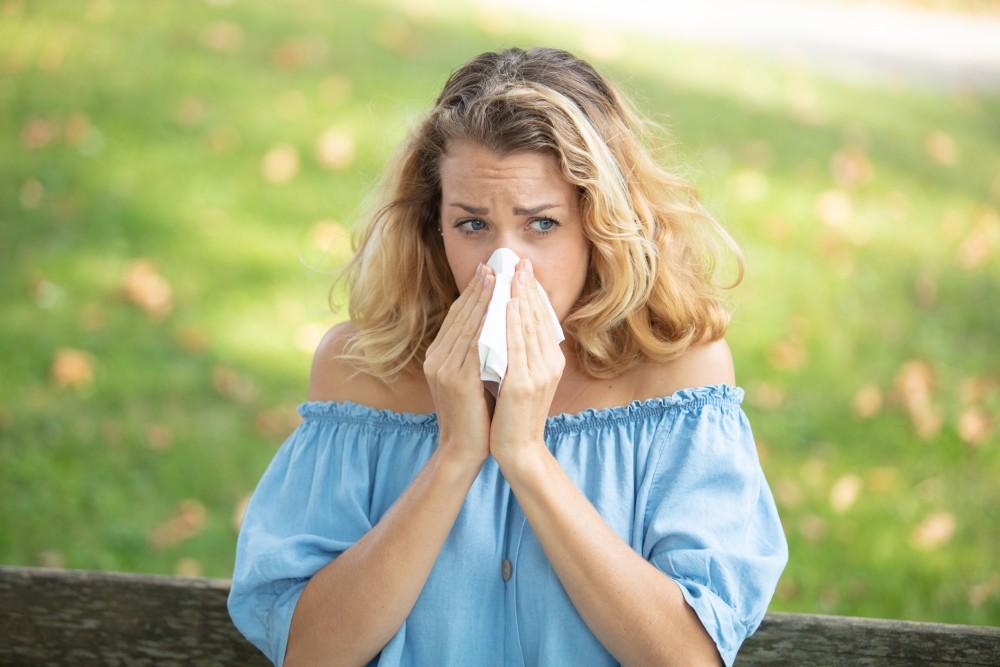
Why Do I Seem to Be Wide Awake the Minute I Lie Down?

Have you ever felt exhausted all day, but when you turned in for the night, you were suddenly wide awake and couldn’t fall asleep? Believe it or not, this is a common problem that occurs for various reasons.
At Respacare, a pulmonary and sleep medicine practice in Bridgewater, New Jersey, Nehal Mehta, MD, FCCP, FASM, and Prashant Patel, MD, specialize in treating various sleep disorders. Here, we explore some common reasons you may find it difficult to doze off and get restful sleep.
3 reasons you feel wide awake when you lie down for bed
Many people have difficulty falling asleep. In fact, up to 20% of American adults report trouble falling asleep most or every day each month. Several things can increase this risk, including:
1. Conditioned or lured arousal
Conditioned or lured arousal is a common sleep problem that occurs when something about your bedroom or sleep environment makes your brain “aroused” or awake rather than tired and sleepy. This could be something like a nightlight positioned in the wrong place, watching television before bed, or worrying about work and other personal issues.
Because this type of insomnia is often caused by environmental factors, good sleep hygiene can help improve symptoms. For example, turning off all electronics (like your cell phone and computer) at least 30 minutes before going to bed can help your brain get into a more restful space. Likewise, relaxation techniques, like deep breathing or meditation can reduce ruminating thoughts and help you ease into sleep.
2. Eating and drinking before bed
A midnight snack may seem like a good idea, but eating before lying down increases the risk of heartburn and other gastrointestinal issues. If you’re belching fire, it’s difficult to get comfortable, much less fall asleep.
Drinking caffeinated beverages at night can have a similar effect. Caffeine blocks the adenosine receptors in your brain, which are responsible for helping you relax and fall asleep. Although caffeine wears off eventually, it can take up to 12 hours to do so.
Alcohol can have similarly negative effects. While it might help you feel drowsy at first, it causes something called rebound insomnia, which can make you wake up too early, and that’s not even considering the potential for a hangover.
3. Certain medications
About 66% of adults take at least one prescription medication. Many of these drugs are necessary to manage health problems like diabetes, high blood pressure, and depression, but they can make it difficult to fall asleep.
If you think a medication is causing you to count sheep, ask a doctor about trying an alternative drug or changing the dosing schedule. Small adjustments can make all the difference and help you get the sleep needed to feel refreshed.
We can help you get better sleep!
Regardless of what’s causing you to feel wide awake when you go to bed, help is available. Our caring providers specialize in diagnosing and treating various sleep disorders, including insomnia and conditioned arousal. To schedule a new patient appointment, call Respacare at (732) 356-9950 or book online. Telehealth visits are also available.
You Might Also Enjoy...


What Causes Respiratory Allergies and Can They Be Prevented?

Is Sleep Apnea a Life-Threatening Condition?

How to Stay on Top of Your Lung Health

The Benefits of a ResMed AirMini™ for Travelers


